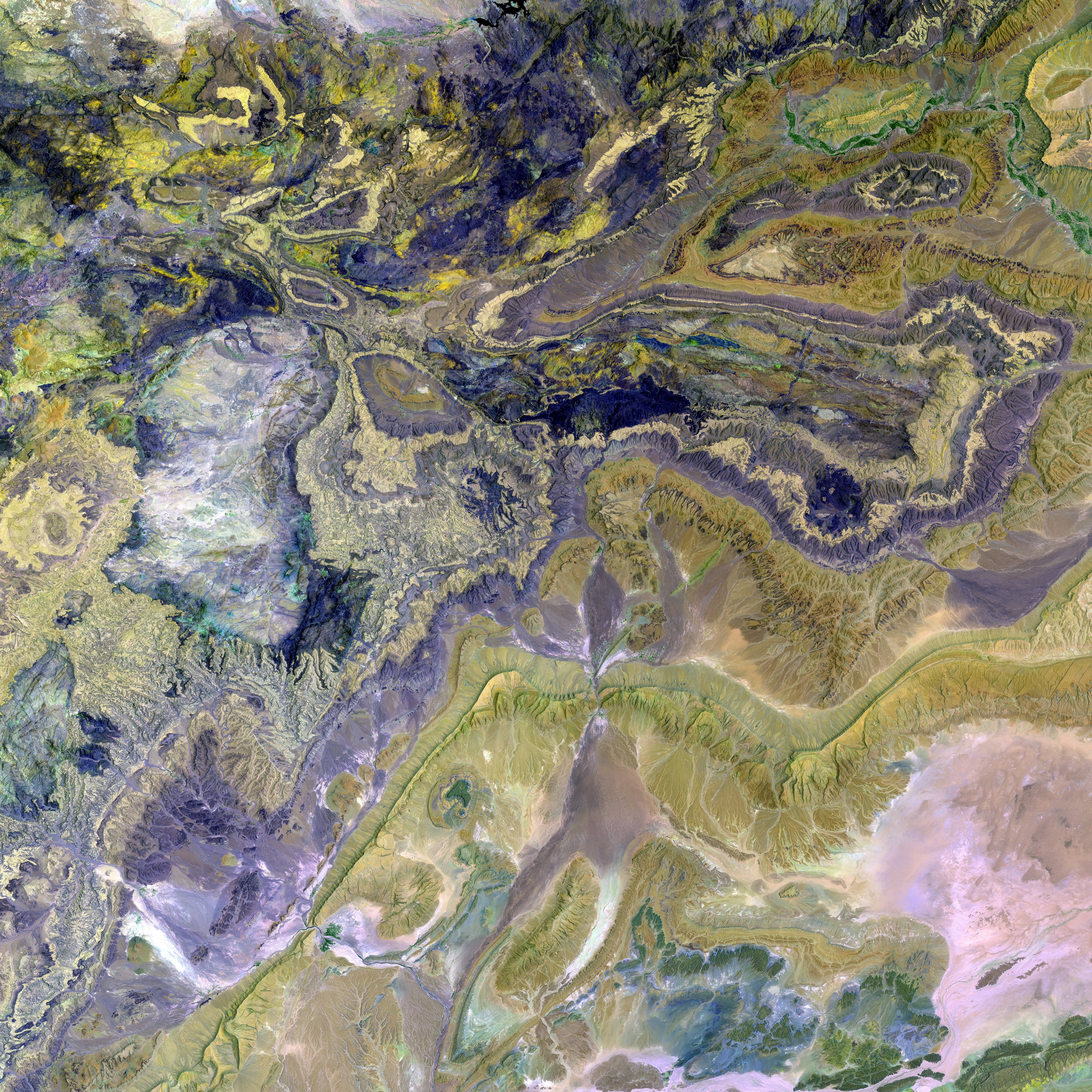The Remarkable Legacy of Dr. Tunji Alausa's Medical Aid
Minister of Education Aids Fugitive Activists Pursued by Abacha Regime
In defiance of the oppressive military regime of General Sani Abacha, Dr. Tunji Alausa, the current Minister of Education in Nigeria, extended vital medical aid to exiled pro-democracy advocates. These individuals, hailing from the National Democratic Coalition (NADECO), had been forced into exile due to persecution from the regime.
The Fight for Democracy: NADECO and Exile
- NADECO's Formation: Established in May 1994, NADECO emerged as a prominent opposition group advocating for the termination of military rule and the restoration of the June 12, 1993, mandate of Moshood Abiola.
- Flight and Hardship: Many NADECO leaders faced grave situations, including physical assaults and forced exile, seeking refuge in Europe and the United States.
Dr. Alausa's Pivotal Role
- Medical Residency and Aid: During his residency in Internal Medicine at the Royal Bolton Hospital and the University of Newcastle from 1995 to 1997, Dr. Alausa supplied critical, free medical treatment to numerous exiled pro-democracy leaders across Europe and the U.S.[1][3]
- Resource Pooling: Beyond medical care, Alausa also mobilized resources for the exiles, offering them financial assistance and a glimmer of hope during their time in exile.[2][4]
- Post-Exile Initiatives: Following the restoration of democratic rule in 1999, Alausa spearheaded free medical outreach programs across the South-West region of Nigeria. These initiatives included eye care and surgical procedures, made possible with the assistance of diaspora medical professionals.[1][3]
Recognition and Legacy
- Tinubu's Offer: Upon ascending governorship in 1999, Bola Tinubu offered Alausa a cabinet position in acknowledgment of his sacrifices. However, Alausa declined, explaining his support was motivated by conviction rather than political aspirations.[1][3]
- A Symbol of Hope: Senate Leader Opeyemi Bamidele praised Dr. Alausa's actions, highlighting his role as a beacon of hope for the exiled leaders. Some of the beneficiaries are still alive today, while others have passed on.[1][2]
[1] https://www.premiumtimesng.com/news/headlines/406569-how-dr-tunji-alausa-saved-my-life-bamidele-reveals-alausas-contribution-to-nafedco-during-military-regime.html
[2] https://www.m SNNN.ng/news/benin-republic-returned-abacha-loot-now-nafedco-members-to-be-compensated-obre-orogbemi/2021/08/06/
[3] https://guardian.ng/news/now-is-the-time-to-consider-state-police-bamidele/
[4] https://www.vanguardngr.com/2022/06/senate-leader-recalls-dr-alausas-role-as-major-support-to-nafedco-members-in-exile/
[5] https://www.premiumtimesng.com/news/headlines/639818-dr-alausa-having-two-ministries-risks-doubling-nigerias-problems-says-apc-factional-sec.html
- Dr. Alausa, currently the Minister of Education in Nigeria, provided medical aid to pro-democracy advocates during the military rule of General Sani Abacha, which led them into exile.
- NADECO, formed in May 1994, was a prominent opposition group advocating for the end of military rule and the restoration of the June 12, 1993, mandate of Moshood Abiola.
- Bola Tinubu, upon ascending governorship in 1999, offered Dr. Alausa a cabinet position in acknowledgment of his sacrifices, but Alausa declined due to his support being motivated by conviction rather than political aspirations.
- In the South-West region of Nigeria, Dr. Alausa spearheaded free medical outreach programs following the restoration of democratic rule in 1999, and these initiatives included eye care and surgical procedures with the assistance of diaspora medical professionals.
- Senate Leader Opeyemi Bamidele highlighted Dr. Alausa's actions during the military regime as a symbol of hope for the exiled leaders, with some of the beneficiaries still alive today.









